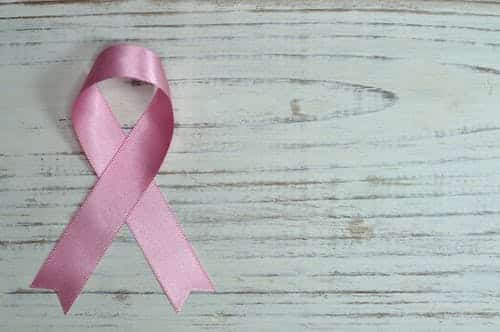“Ageing seems to be the only available way to have a long life” – Daniel Francois Esprit Auber
World Cancer Day is marked on the 4th of February every year and is organized by the Union for International Cancer Control (UICC) to create awareness and rally, the international community to end the suffering caused by cancer by early detection and prevention. This year’s topic of discussion is, “I can, we can” recognize that everyone has the ability and capacity to address the issues related to cancer and by working together and creating awareness, we can significantly lower the risk factors. Early detection, treatment, and palliative care is important to control cancer from spreading and thereby reducing premature mortality from cancer and NCD’s.
In the year 1975, National Cancer Control Program was introduced with an objective to provide cancer treatment and healthcare facilities in the country. The program as further modified in 1984 to provide momentum to the prevention and early detection of cancer. India marks National Cancer Awareness Day on 7th November to accord the birth anniversary of the distinguished scientist Madame Curie, who is reminisced for her work which was instrumental in developing nuclear energy and radiotherapy for the treatment of cancer.
Nearly 1.1 million, cases are reported yearly; therefore it is significant to step up cancer knowledge and information amongst the population. The use of tobacco accounts for 14 types of cancer in the body; others are alcohol, drugs, and poor diet. Two-thirds of cancer cases are detected at an advanced stage, decreasing patient’s chances of survival.
National Cancer Awareness Day is observed on 7th November to generate early detection and creating awareness about cancer. The day is marked to coincide with the birth anniversary of the eminent scientist Madame Curie. Marie Curie is remembered for her discovery of radium and polonium, and her huge involvement in the fight against cancer. Her work steered to the development of nuclear energy and radiotherapy for the treatment of cancer.
Cancer screening is very important to rule out the possibility and detect early signs of cancer. Detecting cancer at an early stage will help in successful treatment and increasing the mortality rate of the patient. The most common occurrence of cancer in India is breast cancer, cervical cancer accounting for 35% of all cancers in India instituting it as public health importance. Cancer is observed as the ailment of the elderly with more than 25% of cancers being detected in people over 60 years, this age group is briefly investigated and does not receive appropriate ad proper healthcare facilities as compared to the younger patients. India is a developing country and an increase in the population of the elderly also increases the burden of geriatric cancers.
The percentage of patients getting therapeutic treatment is lower as compared in the west. The application of palliative chemotherapy treatment is also low. Palliative care encompasses the physical, psychosocial and spiritual dimensions of a person. India has a population of 106 million elders and the question to be asked is how prepared are we to deal with the health problems of this aging population. The answer is geriatric palliative care that is patient-focused and family-oriented and that is preferably delivered at home.
The changing palliative and healthcare requirements of an increasing senior population must address the distinctive features working in elderly patients. Development for effective precautionary methods and progress of treatment for the aged is vital to meet the current and future quality cancer care needs. Caregivers, especially in the family, have a major role for a patient who is suffering from cancer.
The needs of the cancer patients differ and may include assistance for even the simplest tasks like assistance with medication, daily chores, emotional support, etc. HelpAge India provides palliative care to end-stage cancer patients in partnership with a number of credible and competent cancer hospitals and organizations. These partners also conduct cancer awareness and cancer detection camps. Thus, from cancer detection and treatment, our partners have been able to deliver quality cancer care for elders in need of such intervention, including home visits post-cancer treatment along with counseling for the patient and family. Over 99,000 treatments have been supported since 1998.





